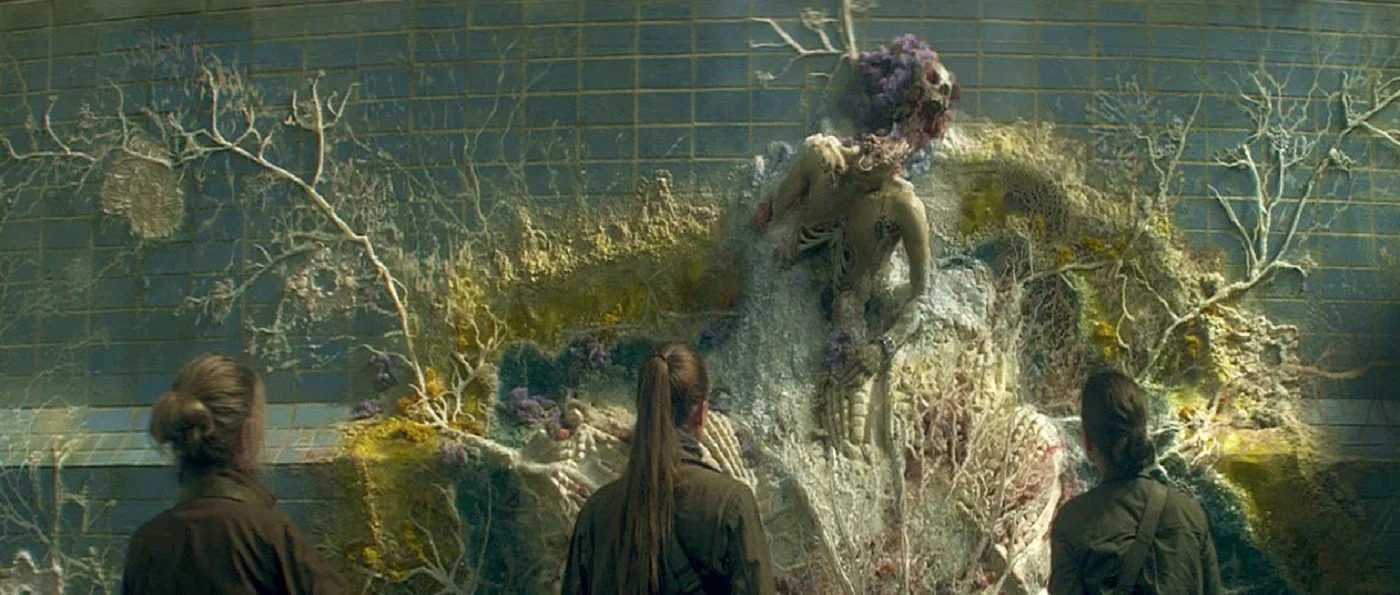Written By: Chloe Goodin
Being able to adapt a novel for film in any capacity is a rigorous task, and one that often leaves avid fans divided. When it comes to science fiction, this task seems virtually impossible. Not only does this genre of novels rely heavily on accurate and seamless world building, but it also depends on proper scientific references and depictions in order to make the impossible seem plausible, even if only for its two hours of screen time.
Alex Garland’s film adaptation of Jeff VanderMeer’s Annihilation is one of the most impressive science fiction adaptations we have seen, because of its ability to fully lean into the dreamscape of its environment, allowing the emotions of the film to speak for themselves. This movie takes the viewer on a journey through Area X– a mysterious wasteland of genetic mutations and unknown environmental changes. Along for this journey, is a team of all female scientists, lead by Lena, a botanist whose husband previously made the trek into Area X and never returned. This story juxtaposes Lena’s broken marriage with her choice to enter this suicide mission with the self destruction that subsequently follows, enlightens, and destroys.

Annihilation is one of the most immersive visual pieces of media we have seen in decades, and one of the only science fiction films that relies heavily on building a world around the emotions of the film rather than the scientific boundaries or explanations outlined in the book. This can be very dividing for some avid fans, as director Alex Garland explains that he never directly referenced the book during his work, rather, pulling from his memory of the book to create a ‘dreamlike experience.’

In Garland’s interview with Sean Fenessy of The Ringer Podcast, he explains that he found the experience of reading Annihilation to be similar to having a dream. It is even speculated that author Jeff VanderMeer based the entire Southern Reach Trilogy off of a vivid dream he had. By treating the creation of this piece similarly to recalling the jumbled emotions and splinters of a dream, Garland placed the emphasis of the piece on the sensations and emotions that audiences would walk away with, rather than the logistics of the science or specific details that lead to these emotional depictions. Read the full interview here: https://www.theringer.com/movies/2018/2/23/17036466/alex-garland-annihilation-interview-ex-machina
For a story that is so heavily based in a visual allegory of humanity’s innate self destruction, it makes perfect sense that a movie reliant on the self reflection of its viewer would create a universally moving piece. Annihilation, both in novel form and its film adaptation, is able to seamlessly hide humanity’s deepest flaws under the beauty of creation, leaving audiences with an unsettling realization: what we find the most beautiful is often what is destroying us.



You must be logged in to post a comment.